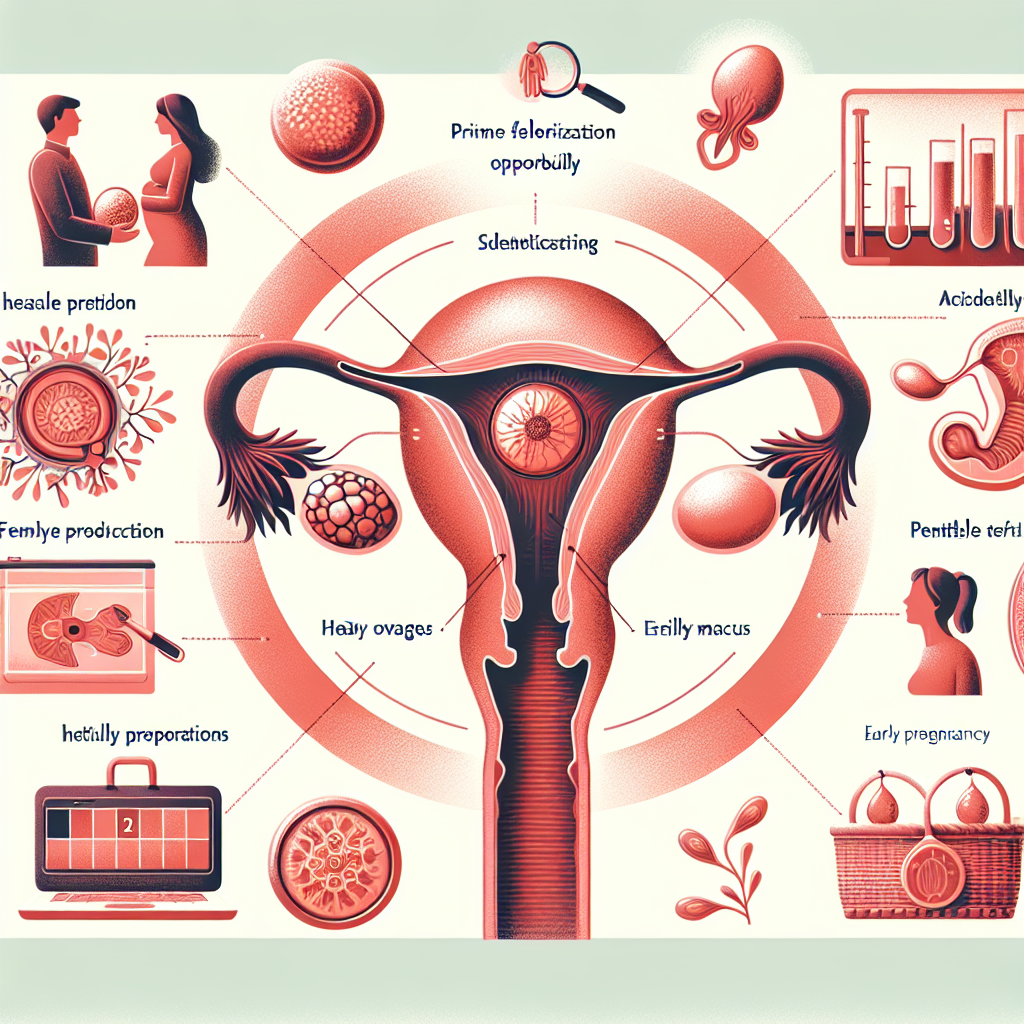Child Development: A Complete Guide to the Essential Stages
Introduction
Understanding child development is crucial for every parent and educator. It's a fascinating journey that begins right from the moment of conception and continues throughout childhood. This article aims to be a comprehensive guide to help you navigate through the various stages of baby development, with a special focus on the second week of pregnancy, a very early but important time of intrauterine development.
Week 2 of Pregnancy: What's Happening Inside You
In the second week of pregnancy, even though you may not be aware that you have conceived, your body is preparing for a major change. This is the time when you ovulate and, if fertilization occurs, the adventure of your baby's development begins.
Ovulation and Fertilization
Around this stage, the ovary releases an egg, which is ready to be fertilized. If the egg meets a viable sperm, it will lead to fertilization. It's early pregnancy, even if chances are you don't have any specific symptoms yet.
Zygote and Cell Division
Once the egg is fertilized, it becomes a zygote. From this moment a series of rapid cell divisions begins. This process is essential and forms the basis for all other stages of child development.
implantation
In the second week, the zygote begins to travel towards the uterus. Once there, it must implant in the uterine lining. This is a vital step because this is where the zygote will begin to develop into an embryo and later a fetus.
Physiological Changes in the Mother's Body
You may start to experience some minor body changes. For example, you may notice an increase in your basal body temperature. However, most women will not feel any major changes at this stage.
What's Next After Week 2
After the second week of pregnancy, you have a long and amazing road ahead of you. Child development continues in an orderly and structured manner, with essential milestones occurring in the weeks and months ahead.
The first trimester
Formation of Major Organs
During the first trimester, the embryo begins to form major organs, including the heart, brain, and lungs. It is a period of rapid development and extremely important.
Development of the Nervous System
Also, at this stage, the development of the nervous system takes place. The brain begins to form different areas that will control all the vital functions of the child.
Emotional and Physical Changes for the Mother
The mother also begins to experience emotional and physical changes. Morning sickness, mood swings and fatigue are common symptoms during this trimester.
Second Quarter
Continuous Growth and Development
As your baby grows, you begin to feel his movements. Development continues, with the fetus acquiring more humanized features such as hearing and sight.
The bond between Mother and Child
It is also the time when many mothers develop a stronger bond with their baby, communicating with them through touch and voice.
Third Quarter
Preparing for Birth
In the last trimester, the baby prepares for birth. It continues to develop, accumulating fat to help regulate body temperature after birth.
Author of Body for Birth
The mother's body also prepares for labor and birth, with significant changes taking place in the pelvis and abdomen.
Conclusion
Child development is a complex and miraculous process. From conception to birth, every stage has its fundamental importance. By understanding these stages, you can have a more informed and peaceful journey through pregnancy. Remember that every pregnancy is unique, and if you have any questions or concerns, don't hesitate to consult your healthcare professional. Don't forget to subscribe to our newsletter for more essential information about pregnancy and baby development.














































































































































